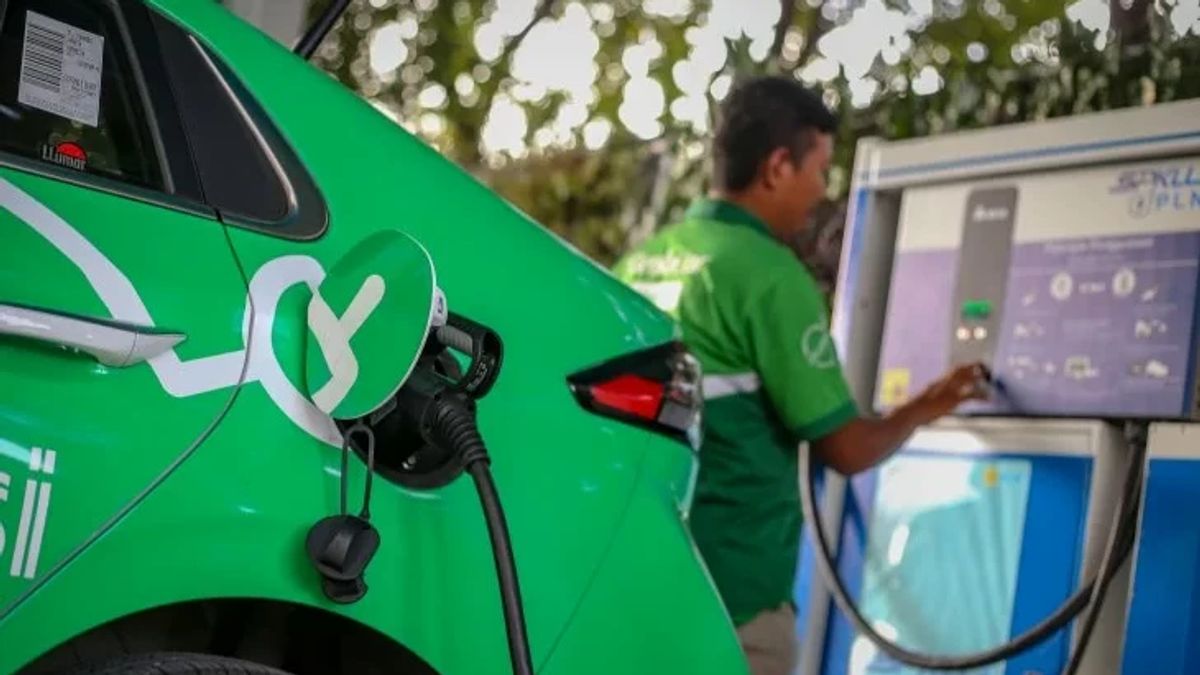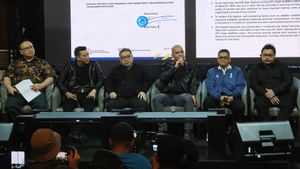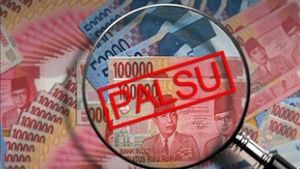The issue of providing incentives for electric vehicles still has drawn criticism to date. The reason is, the policy tends to waste the state budget and benefits some automotive players.
According to economist and Director of the Center of Economic and Law Studies (Celios) Bhima Yudhistira, the provision of electric vehicle incentives is still a problem.
"The government's efforts to prevent the Indonesian people from switching to using low-vehicle exhaust emissions are very contradictory. This is because all incentives given by the government to electric vehicles do not actually eliminate the use of coal," he said at the online Media Briefing Celios event, on Wednesday, February 1.
Bhima assessed that the use of coal for the electric vehicle ecosystem is not a reflection of clean energy.
"This electric vehicle, as if the downstream wants to be cleaned or clean, but the process from nickel for the battery is dirty, the workforce is also problematic, getting to the energy source is still dominated by coal. It's getting more inconsistent and strange, as if you want green, but the process is not clean," he explained.
Furthermore, said Bhima, Indonesia should be able to optimize public transportation facilities, so that this encourages the realization of clean energy with low exhaust gases.
He considers that giving aggressive incentives to electric vehicles will only add to new problems, namely a very significant increase in the trend of congestion.
"Why add new vehicles, more traffic jams. Moreover, if the context and concept of subsidies are not distinguished per region. Different per region later it could be where the vehicle was purchased, used it to the Jabodetabek area," he said.
For your information, Coordinating Minister for Maritime Affairs and Investment Luhut Binsar Pandjaitan said regulations related to the amount of incentives for electric vehicles would be issued in early February 2023.
Luhut emphasized this effort in order to accelerate the adoption of battery-based electric motorized vehicles (KBLBB) or electric vehicles (EVs).
"We have finalized (related to KBLBB) at the Ratas (Limited Meeting) yesterday, next week there will be a Ministerial Regulation (Ministerial Regulation) from the Ministry of Finance regarding subsidies and so on. Hopefully next week, early February. around Rp. 7 million, yes, approximately for new electric motors and later announced all, will be prioritized for simple people," Luhut said as quoted by ANTARA, Thursday, January 26.
This confirms Indonesia's readiness to build an ecosystem towards the transformation of KBLBB, in line with the construction of the Kalimantan Industrial Park Indonesia (KIPI) industrial estate project in Tanah Kuning, North Kalimantan.
The English, Chinese, Japanese, Arabic, and French versions are automatically generated by the AI. So there may still be inaccuracies in translating, please always see Indonesian as our main language. (system supported by DigitalSiber.id)









